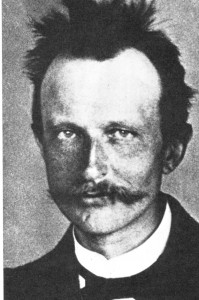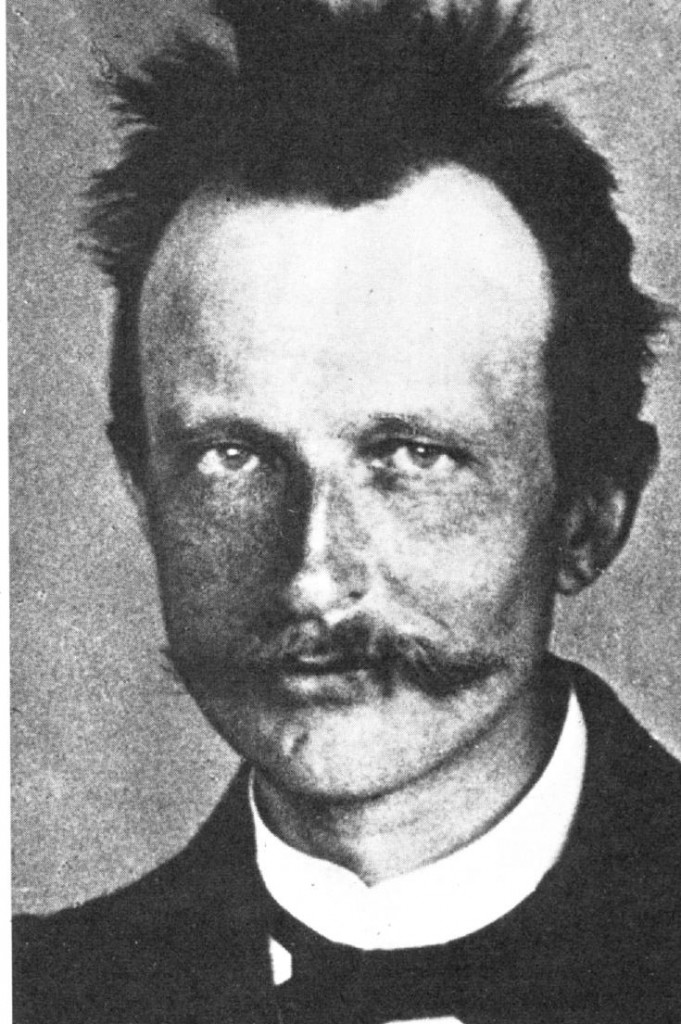German physicist Max Planck publishes his groundbreaking study of the effect of radiation on a “blackbody” substance, and the quantum theory of modern physics is born.

Other scientists, such as Albert Einstein, Niels Bohr, Louis de Broglie, Erwin Schrodinger, and Paul M. Dirac, advanced Planck’s theory and made possible the development of quantum mechanics–a mathematical application of the quantum theory that maintains that energy is both matter and a wave, depending on certain variables.
Quantum mechanics thus takes a probabilistic view of nature, sharply contrasting with classical mechanics, in which all precise properties of objects are, in principle, calculable. Today, the combination of quantum mechanics with Einstein’s theory of relativity is the basis of modern physics.
by David Livingstone


